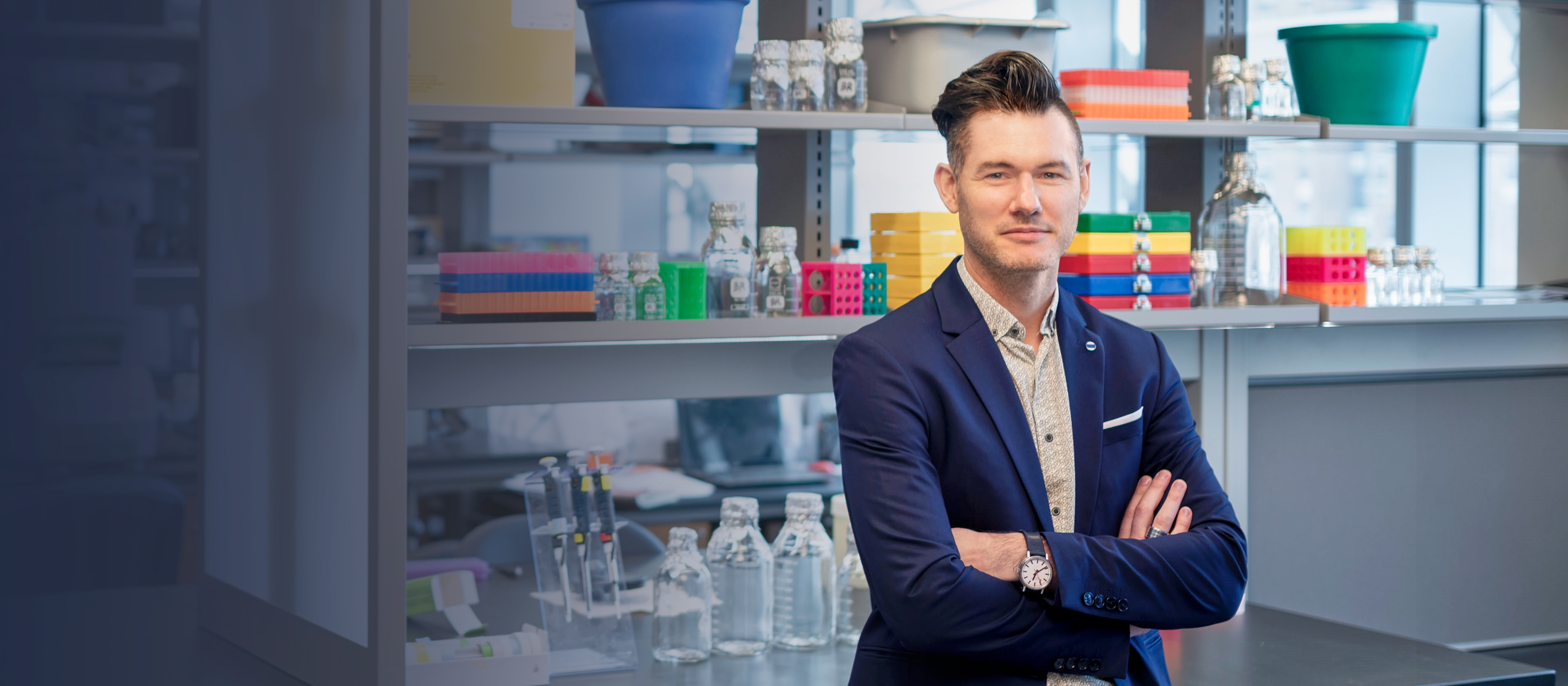Main content

Associate Professor, Department of Neuroscience
Associate Professor, Department of Ophthalmology
My primary focus is on understanding the complex roles of astrocytes in the brain. Astrocytes are a type of glial cell that play crucial roles in maintaining brain homeostasis, supporting neuron function, and responding to injury. My work has particularly centered on a subtype of reactive astrocytes that we discovered, which release toxic factors capable of killing specific neurons.
This discovery has significant implications for neurodegenerative diseases such as Alzheimer’s, Parkinson’s, and Amyotrophic Lateral Sclerosis. By studying how these reactive astrocytes contribute to neuroinflammation and neurodegeneration, we aim to uncover the underlying mechanisms that drive these diseases. Our goal is to identify potential therapeutic strategies that can mitigate the harmful effects of these astrocytes, thereby slowing or even halting the progression of neurodegenerative conditions.
Through our research, we hope to pave the way for new treatments that can improve the quality of life for individuals affected by these debilitating diseases. Our ongoing studies continue to explore the intricate interactions between astrocytes and neurons, striving to unlock the mysteries of the brain and develop innovative approaches to combat neurological disorders.
212-263-8114
212-263-9170
Science Building, 435 East 30th Street
11th Floor, Room 1116
New York, NY 10016
Associate Professor, Department of Neuroscience at NYU Grossman School of Medicine
Associate Professor, Department of Ophthalmology at NYU Grossman School of Medicine
PhD from University of Melbourne
Stanford University, Barres Lab
Nature. 2017 01 26; 541(7638):481-487
Nature. 2021 Nov; 599(7883):102-107
Cell metabolism. 2023 Apr 04; 35(4):555-570
Nature reviews. Neurology. 2023 Jul; 19(7):395-409
Nature neuroscience. 2023 Oct; 26(10):1726-1738
Glia. 2026 Feb; 74(2):e70103
Lancet. Neurology. 2025 Dec; 24(12):1026-1037
Molecular neurodegeneration. 2025 Oct 14; 20(1):108